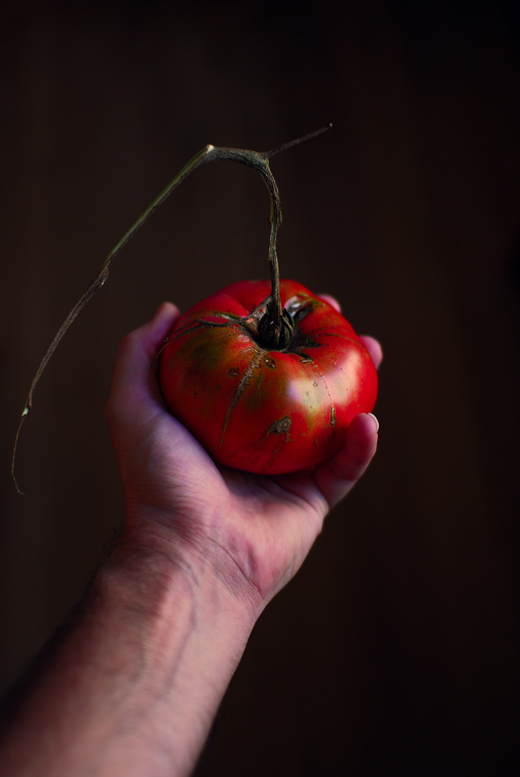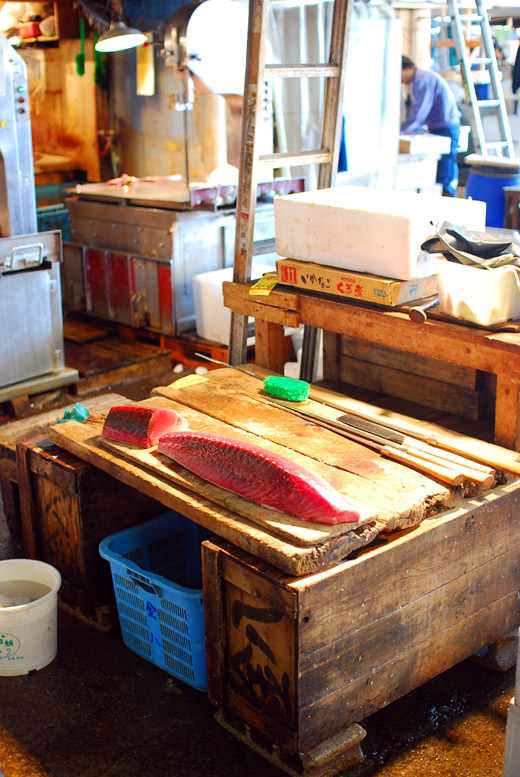“I’ve seen enough people not cook well. I don’t want to watch people very pleased with what they’re doing but doing everything wrong…What I found on MasterChef when I was on it, some of the basic things the contestants were trying to do – they didn’t know the basic things, such as pastry making,” she said.
Margaret Fulton on her time on Masterchef. My bet: she won’t be back in 2011
I can’t watch amateurs cook competitively for the purposes of entertainment. I’ve tried and I fail.
The chaotic race against the clock to serve up plate after plate of congealed food to pregnantly pausing celebrity judges is not pleasurable. I cringe every time someone cooks “Asian” or “Thai-style”. Amateur knife skills make me feel like throwing a shoe at the flatscreen or inventing a witless hashtag to hurl into the collective Twitter void.
I dipped into Masterchef, Australia’s most popular supermarket advertising platform. I watched My Kitchen Rules until I ran short of shoes, enough to discover out that two sisters beat a guy with a beard. I’m still not sure if either television show is about food or why Australia is altogether transfixed in numbers that are not shy of phenomenal.
The aim of modern Australian competitive food television is for above-average home cooks to create “restaurant food” which is the new shorthand to describe the decorative arrangement of morsels on a plate in the style of an imaginary transcontinental degustation. It is more of a form of food styling than cooking because the viewer can only judge the meal on how it looks.
It is the food that restaurants would cook if they were limited to shopping at a duopoly supermarket or trapped on a desert island and a mystery box washed ashore, filled with ingredients from nowhere in particular. 10,000 shipping containers go missing overboard each year, so it is not beyond the realm of possibility that one contains chilli, besan flour, a bottle of muscat, lentils and gorgonzola. There are no seasons in the supermarket’s fluorescent glare, nor real ethical objection to eating endangered species.
For contestants, the skill most valued is the ability to cook from everywhere and if possible, serve it up at the same meal. Competitors seem to be mocked if they stick to any one food tradition. A real impediment for a contestant is depth of knowledge of a single cuisine or technique.
People with actual experience in a commercial kitchen seem to never make the cut on the shows as contestants and there must be thousands of talented kitchen hands who apply. There is a need to uphold the myth of the home prodigy and that fine food is the result of an innate talent rather than endless repetition and incremental improvement on recipes.
So what keeps Australia feeding the reality food TV maw?
The strained drama and the forced chaos, the characterisation of good guys and bad guys, the perverse delight of watching fat guys eat on our behalf. Predictable schadenfreude at destroyed recipes. There are boxes filled with arbitrary surprises. The promise of fire. Watercooler conversation.
My fear is that competitive food television dissuades people from learning about food. It reinforces that meals must be fast and picked from the supermarket shelves. Every moment in the kitchen is a stressful race against time rather than hours that can be savoured and enjoyed. Gay Bilson takes this up over at the Monthly in her dissection of My Kitchen Rules
Cookery is manipulated towards competition and tortured plating. This kind of television is turning cooking – something we do to survive as pleasurably as might be possible, some better than others – into a contest. Make a sport of it, turn it into harmless, competitive fun, and more people will become interested in food? Surely, the subliminal connection to hierarchy, to competitive jubilation or shame, taints any spark of interest. The insistence on “restaurant” food, the profoundly conservative idea of it being different to home-cooking, does little to further the undeniable satisfaction of something like a large bowl of beans.
The joy of home cooking is that it can be profoundly social. You can inflict recipes on others that aren’t at all feasible in a restaurant due to ingredient cost, time or your insane personal whims.
This year’s season of Masterchef starts next week. If you skip it this year, there are three more years of it in the pipeline. My tip for this season of Masterchef is to spend the entire time that the show is being aired in the kitchen. Work your way through a classic cookbook. Find out if you can cook four of Jamie Oliver’s fifteen minute meals in consecutive order. Learn some knife skills. Enrol in TAFE: there will always be a shortage of real, trained chefs because it’s an awful way to make a living. Spending that hour in front of Masterchef will leave you with nothing.



